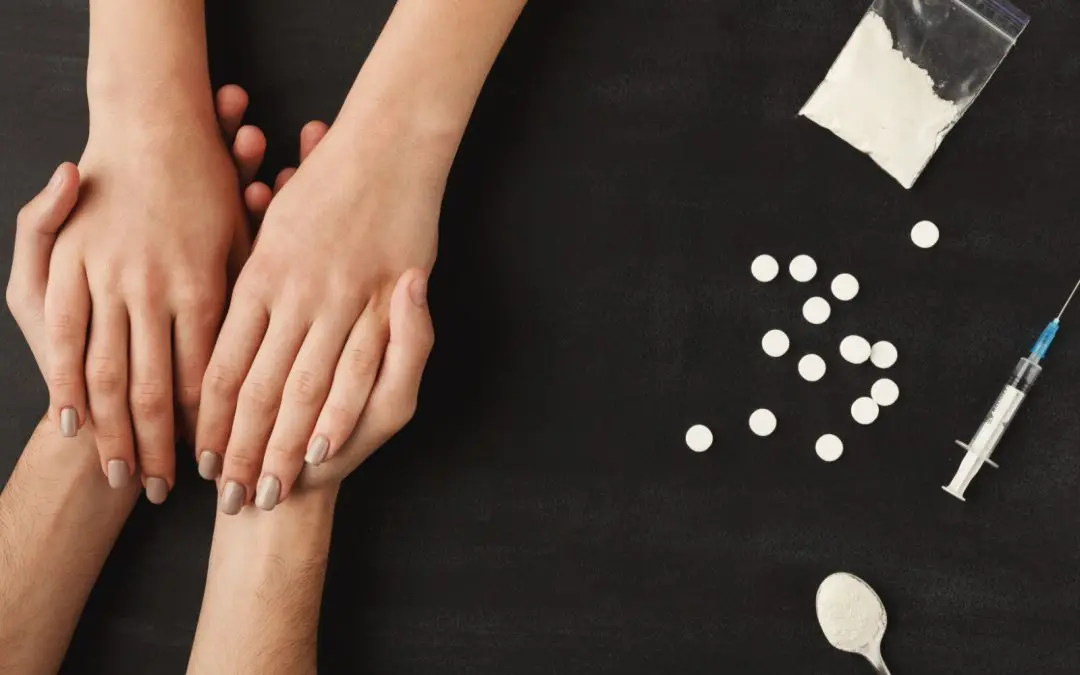24/7 Helpline:
(866) 899-221924/7 Helpline:
(866) 899-2219
Learn more about Prescription drug Rehab centers in Washington County

Other Insurance Options

Highmark

Magellan Health

Optima

Health Net

Molina Healthcare

Health Partners

Providence

United Health Care

CareSource

AllWell

Sliding scale payment assistance

Covered California

EmblemHealth

CareFirst

Medical Mutual of Ohio

Oxford

PHCS Network

BlueShield

Private insurance

Optum

Grand Lake Mental Health Center
Grand Lake Mental Health Center is a private rehab located in Bartlesville, Oklahoma. Grand Lake Men...

Youth and Family Services of Washington County
Youth and Family Services of Washington County is a non-profit rehab located in Bartlesville, Oklaho...










































Jane Phillips Medical Center – Behavioral Health
Jane Phillips Medical Center – Behavioral Health is a drug and alcohol rehab located in Bartlesville...




































